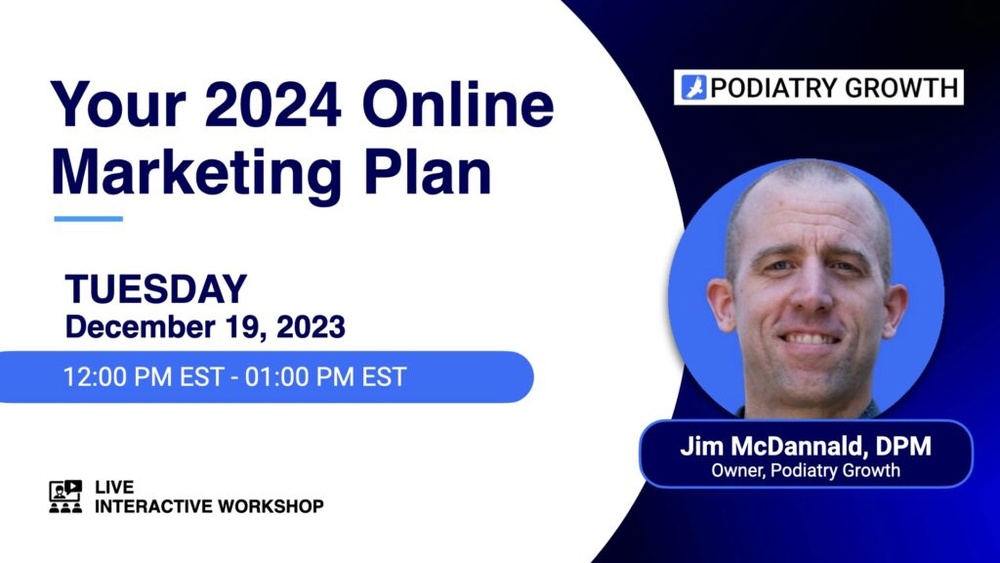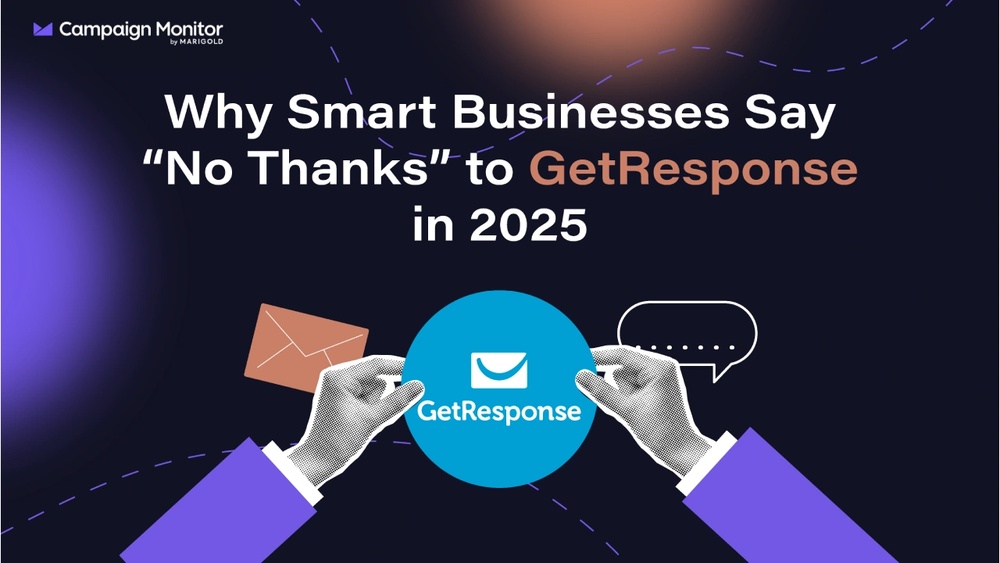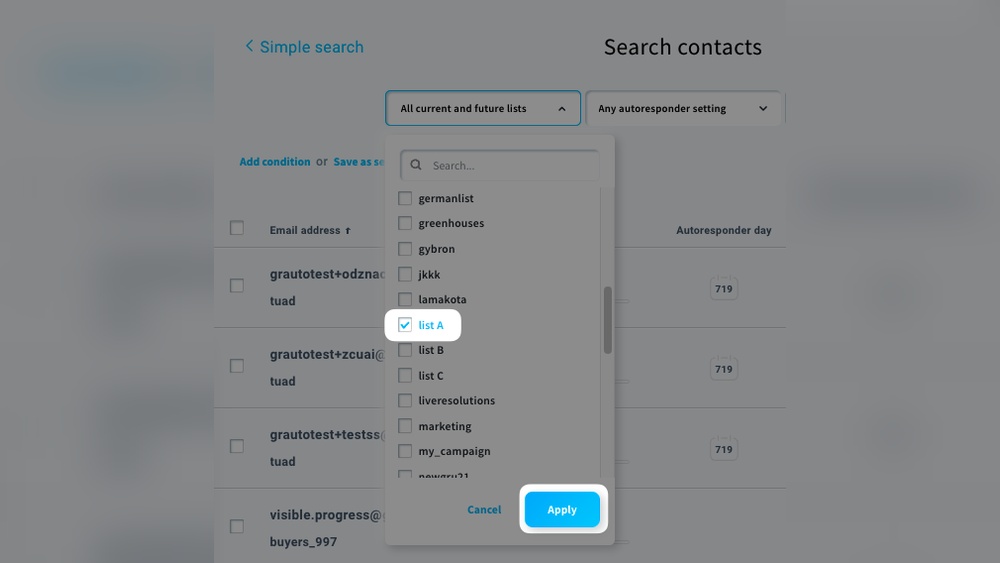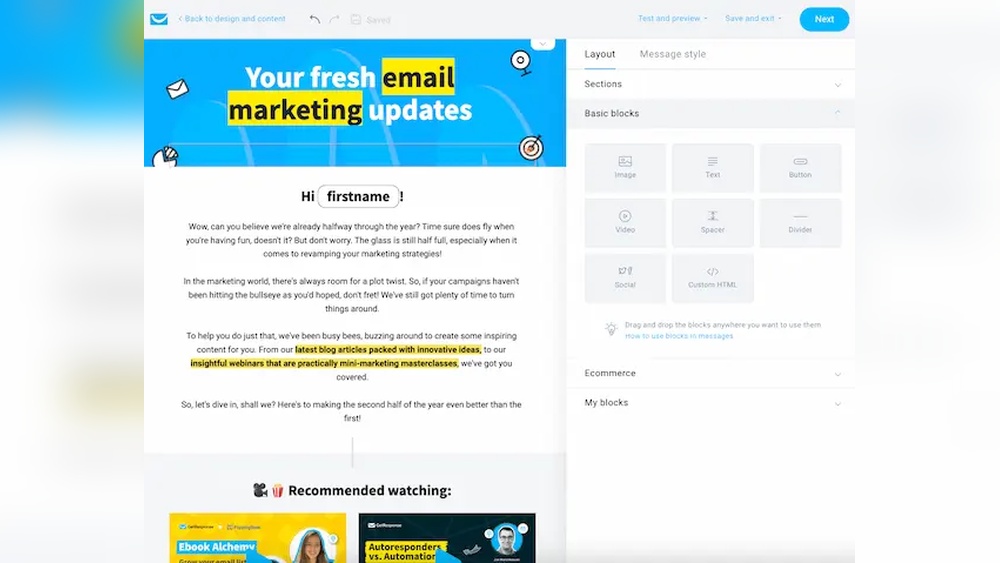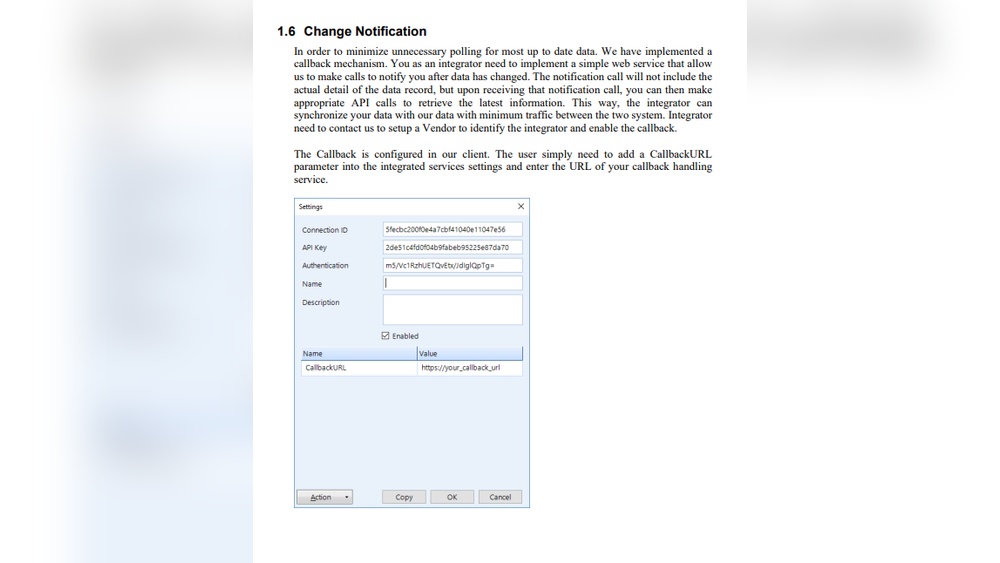Are you ready to take control of your digital marketing career or sharpen your skills as a Digital Marketing Manager? This guide is designed just for you.
Whether you’re just starting out or looking to elevate your strategy, understanding the core elements of digital marketing is essential. You’ll discover how to create compelling campaigns, engage your audience effectively, and drive real results. By the end, you’ll have clear, actionable steps to boost your confidence and make smarter decisions in your role.
Keep reading—your path to becoming a top-notch Digital Marketing Manager starts here.
Digital Marketing Manager Role
The role of a Digital Marketing Manager is vital for any business aiming to grow online. This professional plans and directs digital marketing campaigns. Their work connects brands with customers through various online channels.
Digital Marketing Managers ensure marketing strategies align with business goals. They oversee content creation, social media, SEO, and paid ads. Their role requires a mix of creativity and analysis to drive results.
Core Responsibilities
- Develop and implement digital marketing strategies.
- Manage social media accounts and online presence.
- Coordinate content creation and campaign execution.
- Analyze website traffic and user engagement.
- Optimize campaigns for better performance and ROI.
- Collaborate with sales and product teams.
- Stay updated on digital marketing trends and tools.
Essential Skills
- Strong understanding of SEO and SEM techniques.
- Proficiency in data analysis and marketing tools.
- Excellent communication and project management skills.
- Ability to create engaging content for different platforms.
- Knowledge of social media marketing and paid ads.
- Creative thinking with problem-solving abilities.
- Basic understanding of web design and user experience.
Key Performance Metrics
- Website traffic and unique visitors.
- Conversion rates from campaigns.
- Cost per lead or acquisition.
- Return on investment (ROI) for marketing spend.
- Engagement rates on social media posts.
- Email open and click-through rates.
- Search engine rankings for target keywords.

Credit: www.beamjobs.com
Crafting Effective Strategies
Crafting effective strategies is the heart of a successful digital marketing campaign. A strong strategy guides every action and decision. It helps connect your brand with the right people. Without clear strategies, efforts can become scattered and less impactful.
Good strategies focus on understanding the audience, analyzing competitors, and setting clear goals. These steps create a roadmap for growth. They make sure resources are used wisely. Below are key areas to focus on when building your strategy.
Target Audience Identification
Knowing your target audience is the first step. It means understanding who your customers are. What are their interests, needs, and online behaviors? Use tools like surveys, analytics, and social media insights. This data helps create detailed audience profiles. Tailored messages reach the right people more effectively. A clear audience focus improves engagement and conversions.
Competitor Analysis
Analyzing competitors reveals valuable market information. Study their strengths and weaknesses. Look at their digital channels, content, and offers. Identify what works well and where gaps exist. This helps find opportunities to stand out. Learning from competitors prevents repeating their mistakes. It also inspires new ideas for your campaigns.
Goal Setting And Kpis
Setting clear goals gives your strategy direction. Define what success looks like for your campaigns. Use specific, measurable, achievable, relevant, and time-bound (SMART) goals. Key Performance Indicators (KPIs) track progress toward these goals. Common KPIs include website traffic, conversion rates, and social engagement. Regularly review KPIs to adjust tactics and improve results.
The Five Cs Framework
The Five Cs Framework is essential for digital marketing managers. It breaks down complex tasks into five clear areas. Each ‘C’ focuses on a key part of digital marketing success. This framework helps teams work smarter and achieve better results.
The Five Cs include Content Creation, Creative Development, Campaign Management, Conversion Optimization, and Customer Engagement. Understanding these areas guides marketers in planning and executing strong strategies.
Content Creation
Content Creation is the foundation of digital marketing. It involves producing useful and relevant material for your audience. Blogs, videos, and infographics all fall under this category. Good content attracts visitors and builds trust with your brand.
Creative Development
Creative Development means designing eye-catching and original visuals. It supports your content and makes your message clear. Creative work includes graphics, videos, and ads that grab attention. Strong creative elements increase brand recall and interest.
Campaign Management
Campaign Management covers planning and running marketing campaigns. It tracks progress and controls budgets. Managers set goals, choose channels, and monitor results. Effective campaigns reach the right people at the right time.
Conversion Optimization
Conversion Optimization focuses on turning visitors into customers. It improves website design, calls to action, and user experience. Small changes can boost sales and sign-ups significantly. Testing and data analysis are key parts of this process.
Customer Engagement
Customer Engagement builds lasting relationships with your audience. It includes responding to comments, emails, and social media interactions. Engaged customers are more loyal and likely to recommend your brand. Communication should be timely, friendly, and helpful.
Leveraging Generative Ai
Generative AI offers new ways to improve digital marketing strategies. It helps managers create better content, run smarter campaigns, and improve customer interactions. Using AI tools saves time and boosts productivity. Learning to use AI well can give digital marketing a strong edge.
Integrating Ai In Content
AI can write articles, social posts, and product descriptions quickly. It suggests ideas based on popular topics and keywords. This helps keep content fresh and relevant. AI also checks grammar and style to make writing clear and error-free. Marketers can focus more on strategy and less on routine writing tasks.
Automating Campaigns
AI tools manage ads and email marketing automatically. They analyze data to find the best time to send messages. AI adjusts budgets and bids to improve results. Automation saves effort and ensures campaigns run smoothly. It allows digital managers to test many ideas fast and find what works best.
Enhancing Customer Experience
AI chatbots answer questions instantly, any time of day. They offer personalized recommendations based on customer behavior. AI tracks preferences to create better shopping journeys. Quick replies and tailored offers increase customer satisfaction. This leads to higher loyalty and repeat business.
Applying The Seven Ps
The Seven Ps form a strong foundation for digital marketing managers. Applying these elements ensures your strategy covers every essential area. This approach helps connect your product with the right audience effectively.
Each ‘P’ plays a unique role in shaping your marketing plan. Understanding and using them improves customer reach and satisfaction.
Product Presentation Online
Showcase your product clearly on all digital platforms. Use simple images and clear descriptions. Highlight key features and benefits. Make sure your website is easy to navigate. A smooth user experience keeps visitors interested.
Pricing Strategies
Set prices that attract your target market. Use competitive pricing by checking rivals’ rates. Consider discounts or bundles to increase sales. Offer free trials or freemium options for services. Transparent pricing builds trust with customers.
Digital Distribution Channels
Choose platforms where your audience spends time. Sell through your website, social media, or online stores. Use email marketing to reach subscribers directly. Mobile apps can provide a personal touch. Ensure all channels deliver a consistent message.
Promotion Tactics
Promote your product using SEO to rank higher on search engines. Run paid ads to target specific groups. Share helpful content that solves problems. Use social media to engage and interact. Regular updates keep your brand visible and fresh.
People And Customer Interaction
Train your team for excellent online support. Respond quickly to questions on chat or social media. Personalize interactions to make customers feel valued. Collect feedback to improve service. Show your brand’s human side in all communications.
Streamlining Processes
Map out the customer journey from start to finish. Use automation tools to speed up routine tasks. Simplify checkout and sign-up procedures. Ensure fast loading times on your website. Smooth processes reduce drop-offs and increase conversions.
Building Physical Evidence
Provide proof of quality through reviews and testimonials. Share case studies and success stories. Use clear branding on all digital assets. Show certifications or awards your product has earned. Physical evidence builds confidence and trust online.
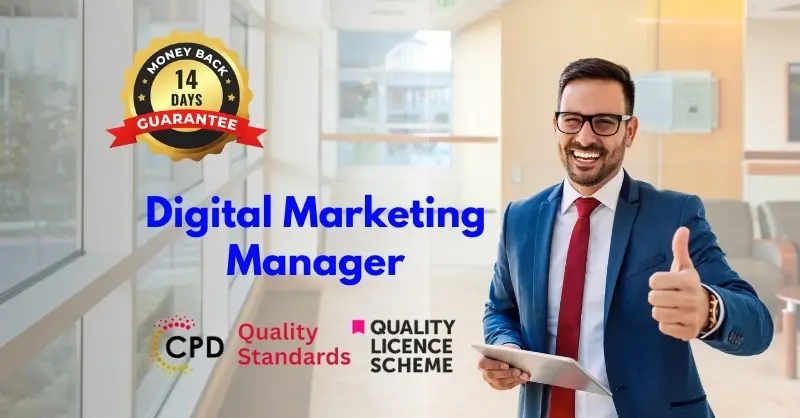
Credit: www.skill-up.org
Optimizing The Customer Journey
Optimizing the customer journey is key for every digital marketing manager. It means improving every step a customer takes with your brand. The goal is to create smooth, positive experiences that lead to more sales and happy customers. Understanding this journey helps you spot areas to enhance and connect better with your audience.
Mapping Touchpoints
Start by identifying all customer touchpoints. These are moments when customers interact with your brand online or offline. It could be a social media post, a website visit, or an email. Mapping these touchpoints shows where customers engage most. This insight helps tailor marketing efforts to meet their needs effectively.
Post-purchase Engagement
Customer interaction should not end after a purchase. Engage customers with follow-up emails, surveys, or helpful content. This builds trust and encourages future buying. Timely communication keeps your brand in their minds and improves overall satisfaction.
Loyalty And Retention
Focus on turning buyers into loyal customers. Offer rewards, discounts, or exclusive offers to keep them coming back. Loyalty programs make customers feel valued and deepen their connection to your brand. Consistent retention efforts reduce churn and increase lifetime value.
Tools And Technologies
Digital marketing managers rely on various tools and technologies to run effective campaigns. These tools help analyze data, automate tasks, and engage customers. Choosing the right technology improves efficiency and results.
Seo And Analytics
SEO tools help improve website visibility in search engines. They track keywords, monitor rankings, and analyze competitor strategies. Analytics platforms provide data on visitor behavior, traffic sources, and conversion rates. Google Analytics and SEMrush are popular choices. These tools guide decisions and measure campaign success.
Social Media Platforms
Social media platforms enable direct interaction with audiences. Facebook, Instagram, LinkedIn, and Twitter offer advertising and content-sharing features. Managers use these platforms to build brand awareness and engage followers. Each platform suits different audience types and marketing goals.
Marketing Automation
Marketing automation tools simplify repetitive tasks like email campaigns and lead nurturing. They segment contacts and send personalized messages based on user actions. Tools like HubSpot and Mailchimp improve efficiency and help maintain consistent communication with prospects.
Customer Relationship Management
CRM systems organize customer information and track interactions. They provide insights into customer preferences and purchase history. Salesforce and Zoho CRM help manage sales pipelines and improve customer service. Using CRM tools strengthens relationships and boosts retention.
Measuring Success
Measuring success is essential for any digital marketing manager. It shows if campaigns meet goals and deliver value. Without clear measurement, efforts may waste time and budget. Tracking results helps adjust strategies and improve outcomes. Focus on key metrics that reflect your business objectives.
Data-driven Insights
Use data to understand customer behavior and campaign performance. Analyze traffic, conversions, and engagement rates regularly. Tools like Google Analytics and social media insights reveal trends and patterns. Data helps identify what works well and what needs change. Make decisions based on facts, not guesses.
Reporting Techniques
Create clear and simple reports for stakeholders. Use visuals like charts and graphs to show progress. Highlight important metrics linked to goals, such as sales or leads. Share reports weekly or monthly to keep teams informed. Good reporting builds trust and supports better planning.
Continuous Improvement
Use measured results to improve future campaigns. Test different approaches to find the best tactics. Learn from both successes and failures to grow skills. Regularly update strategies based on new data and market changes. Continuous improvement keeps marketing efforts effective and relevant.
Building A High-performing Team
Building a high-performing team is essential for a digital marketing manager. The right team drives projects forward and delivers strong results. Success depends on clear roles, ongoing skill growth, and effective leadership. Each team member must understand their part and work well with others. Strong collaboration creates a productive and creative work environment. Below are key elements to focus on when assembling and leading your digital marketing team.
Roles And Collaboration
Define clear roles for every team member. Each person should know their tasks and responsibilities. This clarity avoids confusion and overlaps. Collaboration is vital in digital marketing projects. Team members must communicate openly and share ideas freely. Use tools that support teamwork and tracking progress. Encourage regular meetings to align goals and solve problems quickly. A team that works well together can handle challenges faster and produce better campaigns.
Skill Development
Digital marketing changes fast. Team skills must evolve too. Offer training sessions on new tools and trends. Encourage learning through online courses and workshops. Help team members improve both technical and creative skills. Promote a culture where learning is continuous. Regular skill upgrades boost confidence and performance. This approach keeps the team competitive and ready for new challenges.
Leadership In Digital Marketing
A strong leader guides the team toward success. Set clear goals and expectations from the start. Motivate the team by recognizing their efforts and achievements. Provide support and resources needed to meet targets. Good leaders listen and address team concerns promptly. Lead by example with a positive attitude and work ethic. Strong leadership builds trust and drives team productivity in digital marketing.
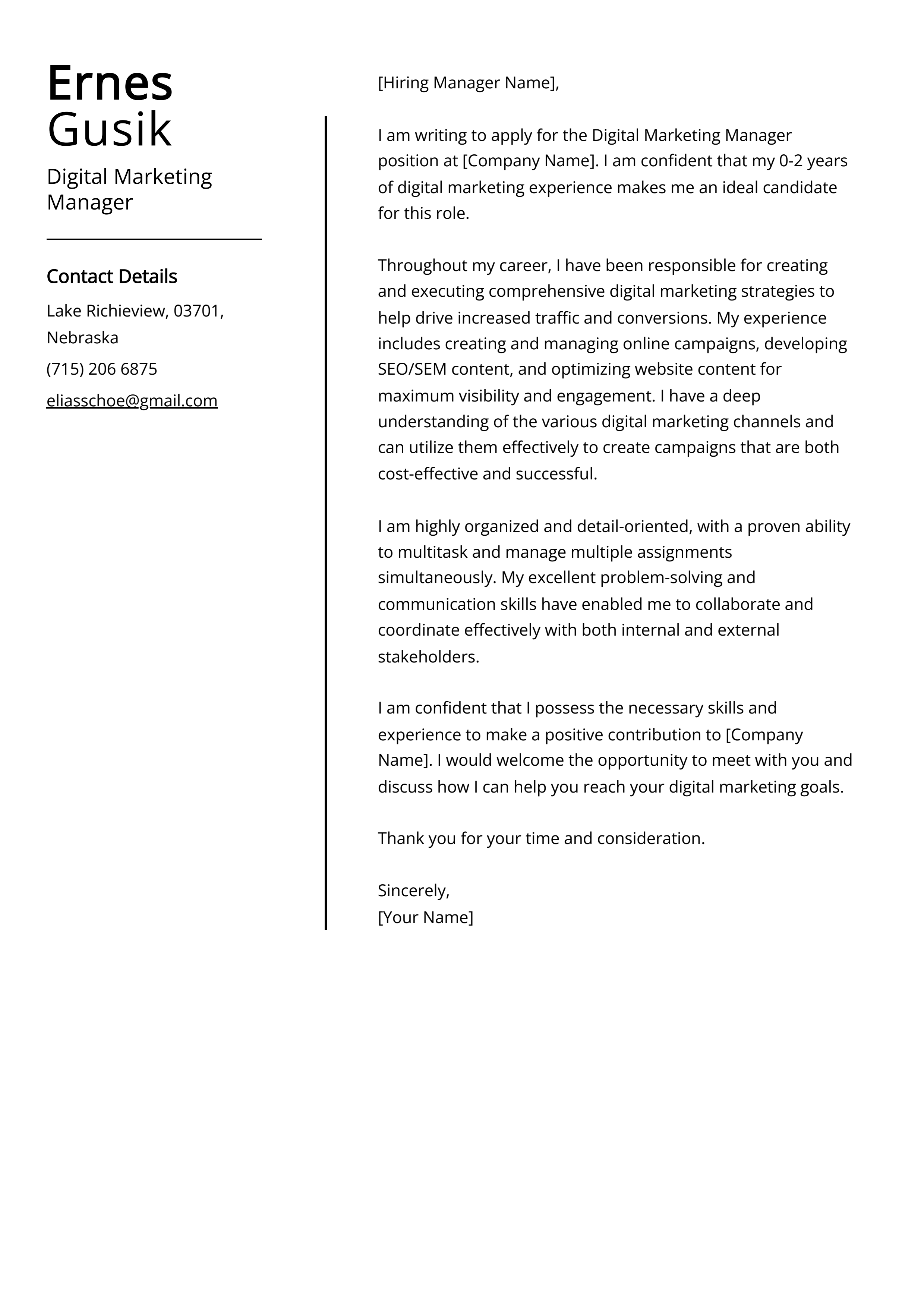
Credit: resumaker.ai
Frequently Asked Questions
What Is The 3 3 3 Rule In Marketing?
The 3 3 3 rule in marketing means sharing three messages, on three platforms, over three days to boost engagement and reach.
What Are The 7 C’s Of Digital Marketing?
The 7 C’s of digital marketing are: Content, Creativity, Campaigns, Conversions, Customer, Channels, and Community.
What Are The 5 C’s Of Digital Marketing?
The 5 C’s of digital marketing are Content, Creative, Campaigns, Conversions, and Customer. They guide effective marketing strategies.
What Are The 7 P’s Of Digital Marketing?
The 7 P’s of digital marketing are Product, Price, Place, Promotion, People, Process, and Physical Evidence. They guide strategy and customer engagement online.
Conclusion
Digital marketing managers play a key role in business growth today. They create strategies that connect brands with customers online. Understanding tools, trends, and customer needs is essential. Clear communication and constant learning help managers stay effective. Success comes from planning, testing, and adapting quickly.
Keep focused on delivering value through every campaign. This guide offers a strong foundation for your digital marketing journey. Keep exploring and improving your skills step by step.

